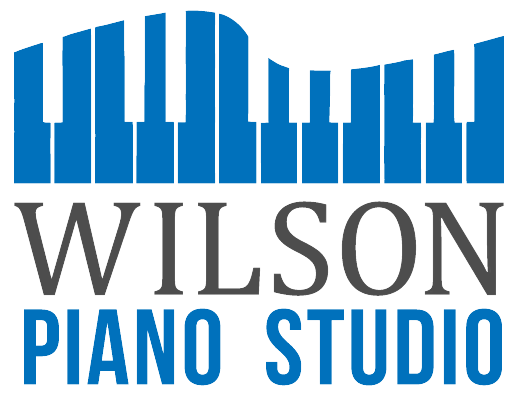MUSIC LESSONS
TEACHING APPROACH
EVERYONE CAN LEARN
People often believe that only those with innate talent can learn a musical instrument. This is simply not true. The formula necessary to learn the piano is efficient practice techniques, an effective piano teacher and commitment to daily practice. With these elements in place, anyone can learn to play the piano. While children often begin learning the piano at a young age, it’s never too late for teenagers and adults to start!
WHAT I TEACH
NOTE READING
PRACTICE TECHNIQUES
TECHNIQUE
Technical proficiency allows us to communicate freely through the piano. Technical skills include:
- Technical Exercises – exercises allow us to develop our finger strength and dexterity.
- Scales, Arpeggios and Chords – These are the foundation of music.
- Tone Production – The means to produce a beautiful sound and a variety of articulations.
PRACTICE TECHNIQUES
To become proficient in piano, students need to practice daily and effectively. Students will learn how to learn music efficiently, practice efficiently and achieve results to shorten the beginner phase and get to intermediate and advanced repertoire as soon as possible.
MUSCIANSHIP
The means to express yourself through music is our ultimate goal. Similar to language, the tools we use to communicate with music can be broken down and systematically taught. Musical skills include:
- Phrasing – The musical equivalent of sentences.
- Dynamics – The expressive control of volume.
- Rhythm & Meter – a strong internal sense of rhythm and pulse.
- Ensemble Skills – the ability to listen and play with other musicians.

